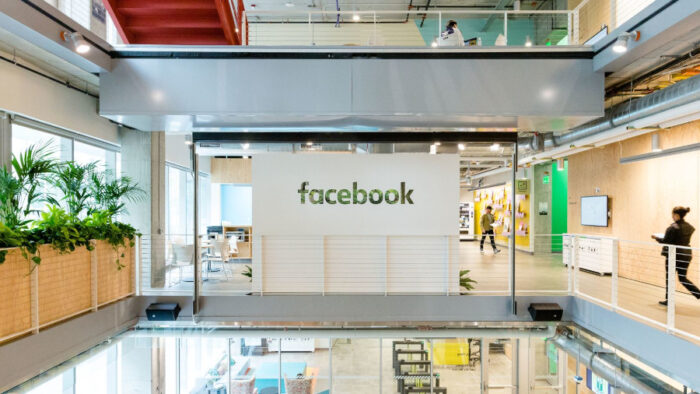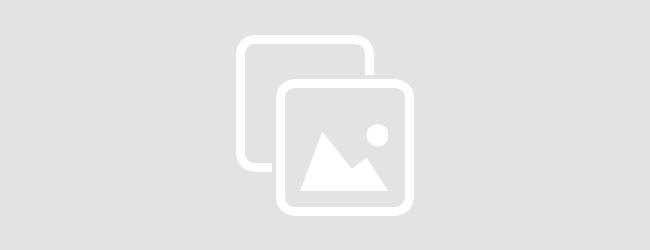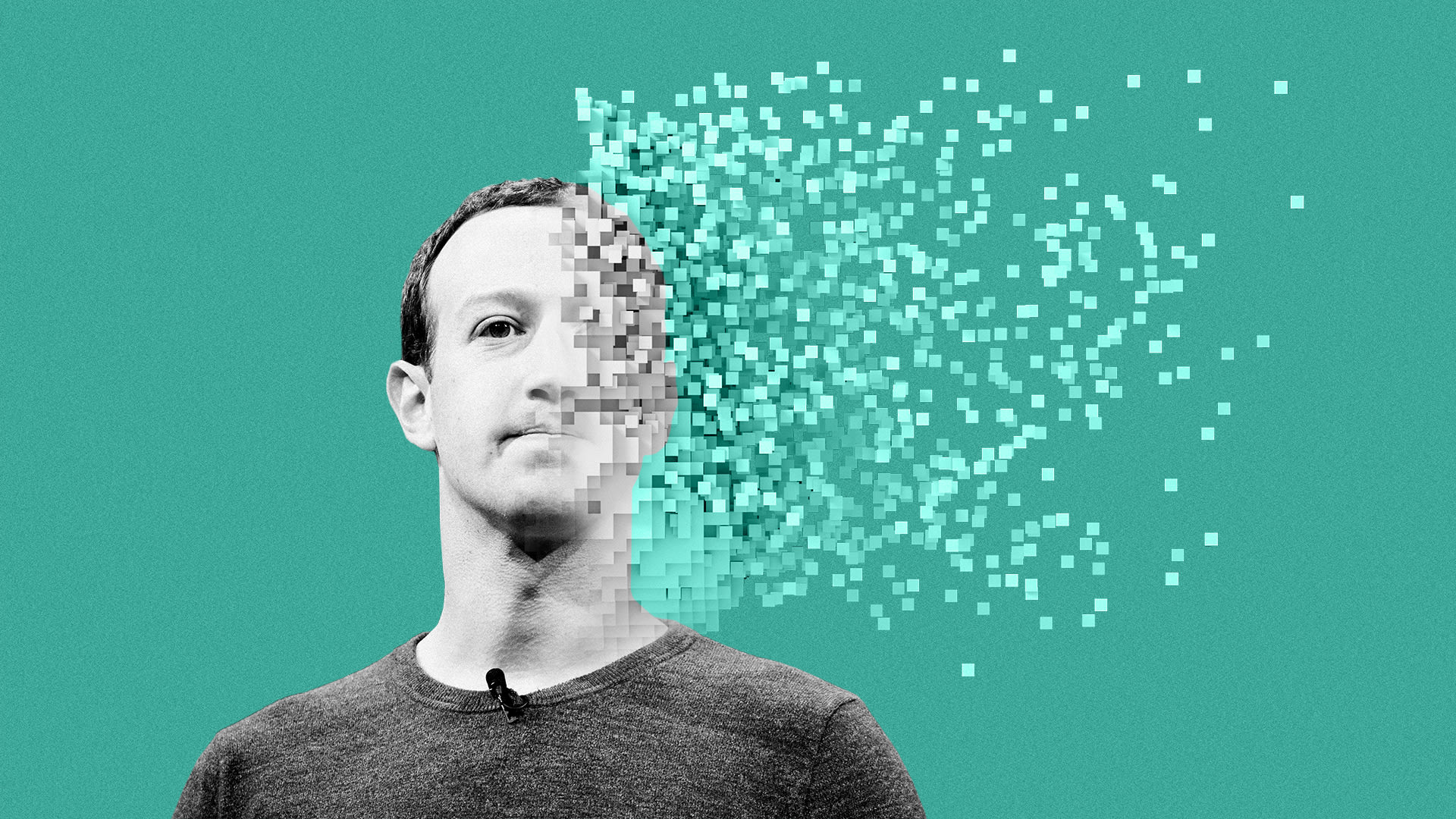เพิ่งเขียนเรื่อง Facebook ไปหมาดๆ ก็ไม่คิดว่าจะได้มาเขียนอีก 😂 แต่อ่านบทความเกี่ยวกับ Facebook หลายอันมีประเด็นน่าสนใจ มาจดประเด็นสำคัญเอาไว้
เริ่มจาก Kara Swisher ผู้วิจารณ์ Facebook อย่างต่อเนื่องดุดัน รอบนี้มาด้วยนิยามใหม่ เปรียบเทียบว่าเป็น “ร้านขายเนื้อ”
Think about Facebook as a seller of meat products.
Most of the meat is produced by others, and some of the cuts are delicious and uncontaminated. But tainted meat — say, Trump steaks — also gets out the door in ever increasing amounts and without regulatory oversight.
The argument from the head butcher is this: People should be free to eat rotten hamburger, even if it wreaks havoc on their gastrointestinal tract, and the seller of the meat should not be the one to tell them which meat is good and which is bad (even though the butcher can tell in most cases).
Basically, the message is that you should find the truth through vomiting and — so sorry — maybe even death.
บทความที่สองมาจาก OneZero สื่อเทคโนโลยีในเครือ Medium ใช้วิธีเปรียบเทียบแบบคล้ายๆ กันแต่เป็น “โรงงานปล่อยมลพิษ” แทนร้านขายเนื้อ
Imagine a factory that allowed anyone to bring toxic waste there, any time of day or night, and promised to store it. Imagine that in addition to storing the waste, the factory would exponentially increase the amount of toxic waste and enlist wide swaths of the population into adding their own pollution to the mix. Imagine that as part of its service, the factory would continually spew those toxins into our air, water, and soil, poisoning millions of people. Imagine then that the factory devoted some small degree of their services to cleaning up some of those toxins well after much of the toxic waste had been distributed, and then asked to be congratulated for cleaning up 90% of the spills (according to its own unverifiable metrics). Lastly, at every opportunity, the factory would proudly proclaim that it doesn’t profit from distributing toxic waste.
ชิ้นที่สามเป็นบทความใน Fast Company ชักชวนให้คนใช้ Facebook น้อยลง (just use it less) แม้เป็นเรื่องที่ทำได้ยากในทางปฏิบัติก็ตาม
Can you instead keep using Facebook for its core friends-and-family use while making yourself less of an asset to that company?
The answer evokes that old Facebook standby: It’s complicated. You can and should take key steps to limit Facebook’s data collection. But while you can shave the money Facebook makes from selling ads targeted to your interests, this tactic isn’t as effective as spending less time—or no time at all—on the service.
ส่วนตัวแล้วก็พยายามทำแบบนั้น และบล็อกนี้ก็สร้างขึ้นมาเพื่อเป็นพื้นที่เขียนหรือจดบันทึกความคิดโดยไม่ต้องพึ่งพา Facebook (Offloading Facebook) แต่ในทางปฏิบัติก็ทำได้ยากจริงๆ ถึงแม้การใช้งานส่วนตัวจะลดการโพสต์-เข้าไปใช้งาน Facebook แต่ในแง่การงานที่เป็นสายสื่อ ก็ยังมีเพจหลายๆ เพจที่ต้องเข้าไปดูแลอยู่บ้าง
เมื่อวันก่อนเพิ่งมีมิตรสหายท่านหนึ่งมาสอบถามความเห็นว่า ข่าวฉาวของ Facebook รวมถึงการบอยคอตโฆษณาจะมีผลต่อพฤติกรรมการใช้งาน Facebook หรือไม่ ผมตอบไปว่าคงยาก ถึงแม้เราจะรู้สึกไม่ดีกับ Facebook มากขึ้น แต่ในทางปฏิบัติมันไม่มี service คู่แข่งลักษณะเดียวกันเกิดขึ้นมาได้ (ซึ่งเป็นปัญหาในแง่การแข่งขัน ที่ถูกพูดถึงในแวดวงการเมืองอเมริกาช่วงนี้เช่นกัน)
ในเมื่อโลกจำเป็นต้องมีบริการ social ไว้เชื่อมต่อผู้คน แต่ยังไม่มีคู่แข่งที่สมน้ำสมเนื้อให้คนย้ายไปมาได้ (ลักษณะเดียวกับ Android v iOS หรือวงการอื่นๆ) ชีวิตของพวกเราก็อยู่ในสภาพ “จำใจ” ต้องใช้งาน Facebook กันต่อไป
หมายเหตุ: วิธีการที่ใช้จัดการชีวิตโซเชียลในปัจจุบันคือ Three Rings of Social



